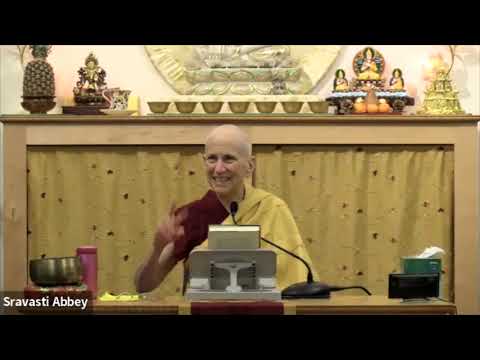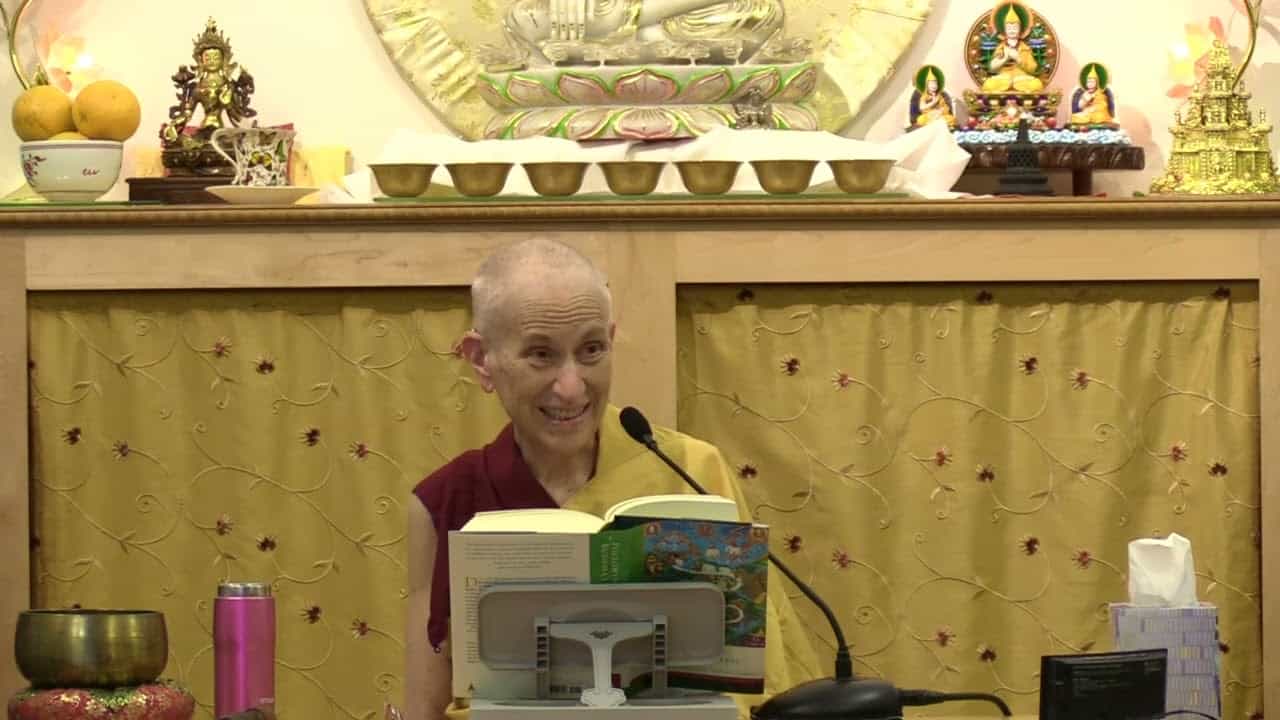Wrong views of emptiness
Rice Seedling Sutra 02
Part of a series of teachings by eminent scholar Geshe Yeshe Thabkhe on the Rice Seedling Sutra. Geshe Yeshe Thabkhe’s commentary explores dependent arising, and the corollary teaching of emptiness.
- Selflessness in different tenet systems
- The dangers of over-negating
- Cause and effect can still function within the lack of inherent existence
- Different wrong views of emptiness
- Dependent imputation as the Middle Way
Geshe Yeshe Thabkhe
Geshe Yeshe Thabkhe was born in 1930 in Lhokha, Central Tibet and became a monk at the age of 13. After completing his studies at Drepung Loseling Monastery in 1969, he was awarded Geshe Lharampa, the highest degree in the Geluk School of Tibetan Buddhism. He is an emeritus professor at the Central Institute of Higher Tibetan Studies and an eminent scholar of both Madhyamaka and Indian Buddhist studies. His works include Hindi translations of The Essence of Good Explanation of Definitive and Interpretable Meanings by Lama Tsongkhapa and Kamalasila's commentary on the Rice Seedling Sutra. His own commentary, The Rice Seedling Sutra: Buddha’s Teachings on Dependent Arising, was translated into English by Joshua and Diana Cutler and published by Wisdom Publications. Geshela has facilitated many research works, such as a complete translation of Tsongkhapa’s The Great Treatise on the Stages of the Path to Enlightenment, a major project undertaken by the Tibetan Buddhist Learning Center in New Jersey where he teaches regularly.


